The Joe Rogan Experience interview with Michael Osterholm was uploaded to YouTube on March 10, 2020.
Below are some of the statements made by Osterholm, an infectious disease expert who has been warning the world of how ill-equipped we are for a pandemic for a decade and a half. These are solely his opinions on the matter. We recommend consulting various sources for a full picture of the COVID-19 outbreak.
1. "This is going to unfold for months to come yet."

2. "This could be 10–15 times worse than the seasonal flu (in terms of illness/fatalities)."

3. According to Osterholm, having certain underlying health problems plays a role in the effects of the coronavirus.

4. Osterholm says there's an incubation period, meaning there's a slight delay from the time you were exposed (e.g. being in a room breathing the same air as someone who is infected) to the time you get sick. It's about four days.

5. According to Osterholm, you can be contagious but not have symptoms.
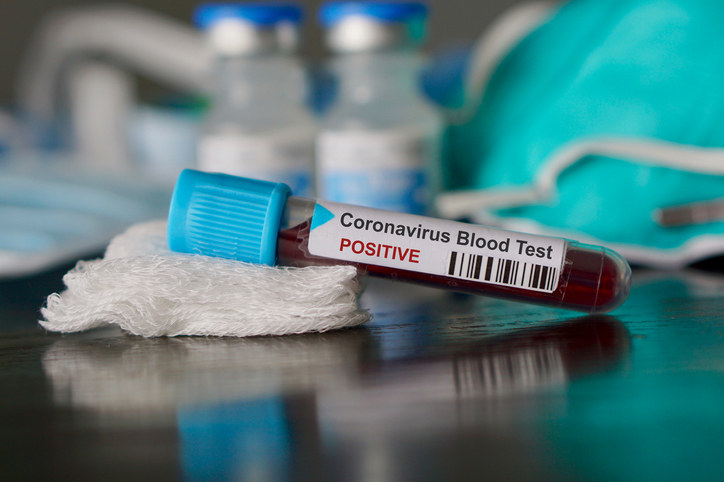
6. Osterholm agrees that wearing surgical masks to prevent sickness is largely nonsense. However, if you're sick, they may help prevent you from spreading it when you cough into the mask.

7. "Kids are not getting sick very often. In China, only 2.1% of the cases were under 19 years of age."

8. Osterholm thinks so many people could eventually get infected with the coronavirus that it would stop itself.

9. To strengthen your immune system, Osterholm recommends focusing on staying in shape, not missing cycles of prescribed medications (e.g. high blood pressure pills), getting sleep, and eating a healthy diet.
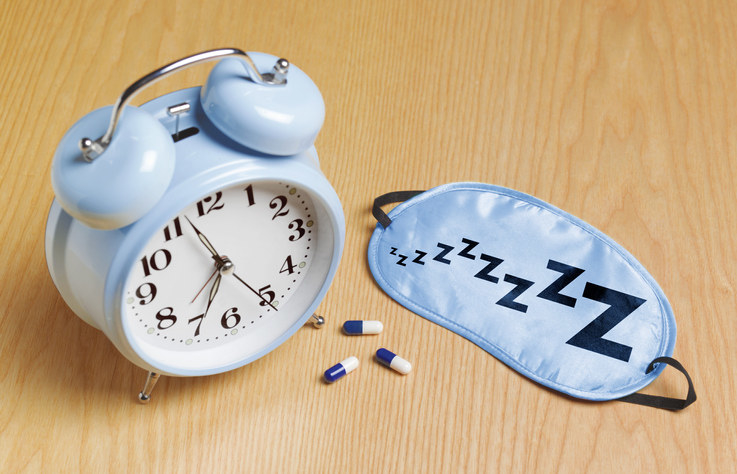
10. Osterholm says hand sanitizers are great for stopping a lot of infectious diseases in terms of killing bad bugs. However, he says the data that this virus is transmitted by your hands touching your face is very weak. He says not to stop using hand sanitizers, but don't expect it to have a huge impact on this bug.
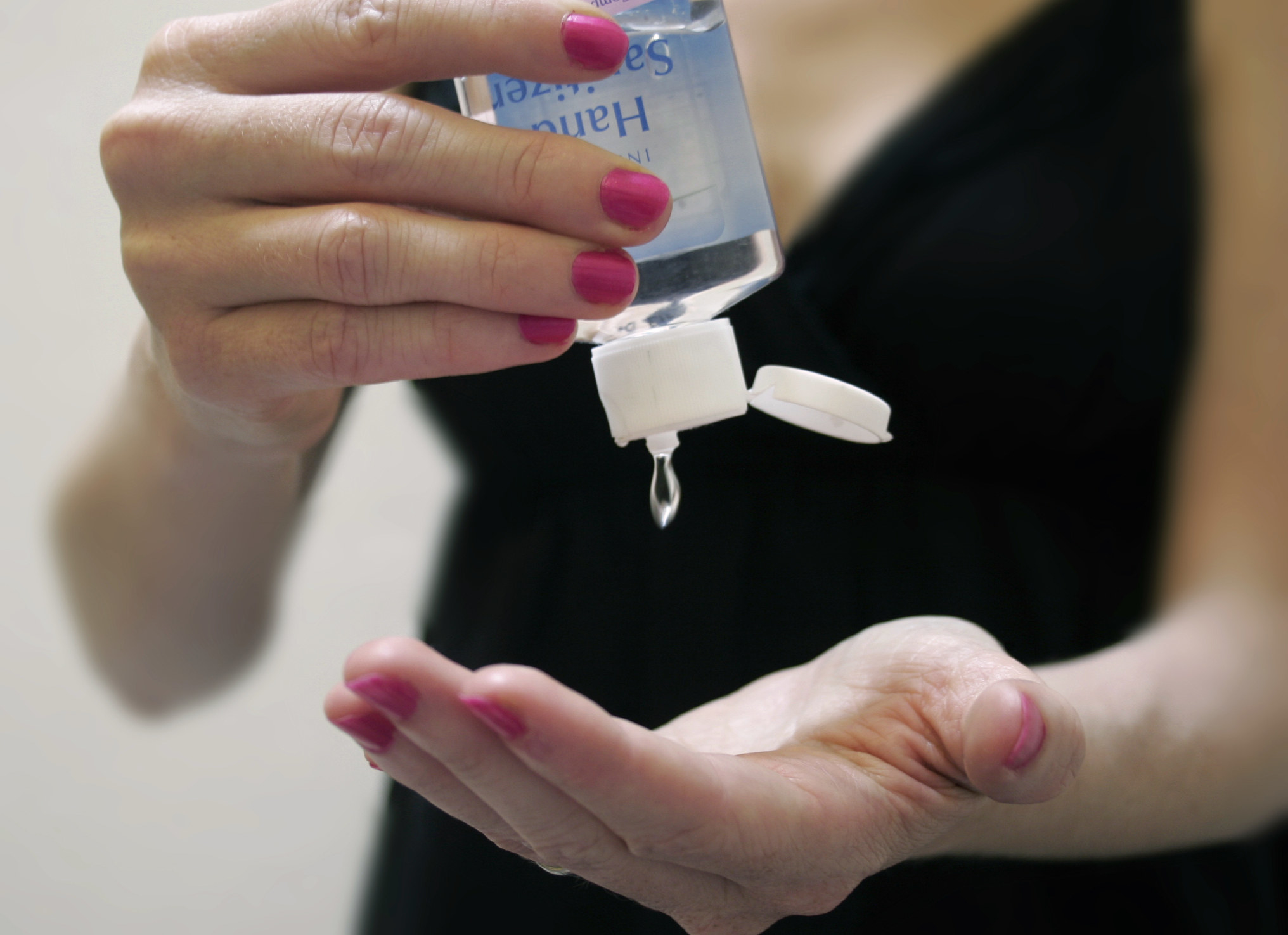
11. Osterholm believes America should be preparing for public health crises the way we prepare for defense. He says, "We don't build an aircraft carrier the moment we're going to go into battle."

12. If you have an underlying health problem and you're over the age of 55, Osterholm recommends avoiding large crowds.
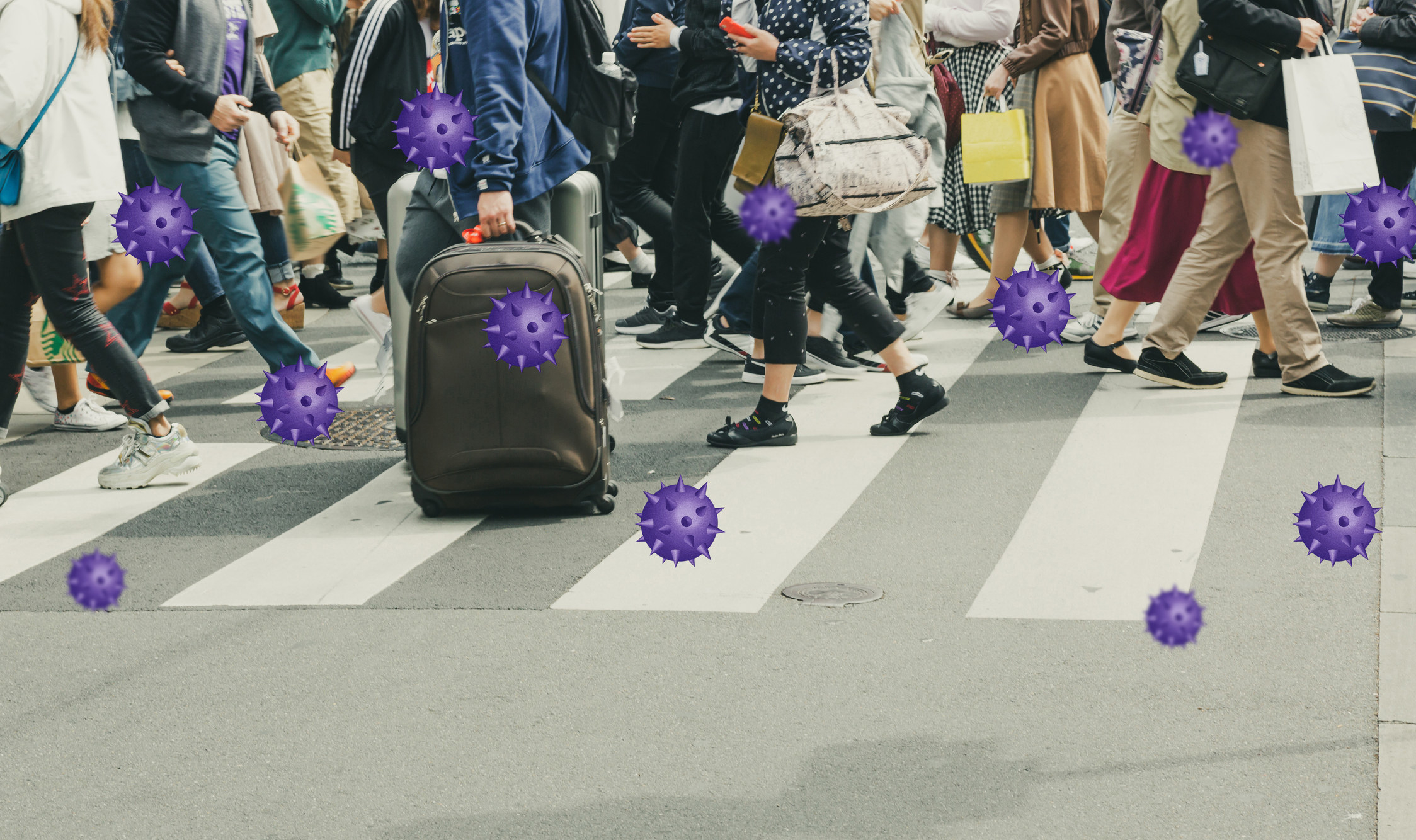
13. Finally, Osterholm believes a SAFE vaccine for the coronavirus is going to take years. He uses the 2015 Zika virus outbreak as an example, stating "five years later and we have no vaccine."
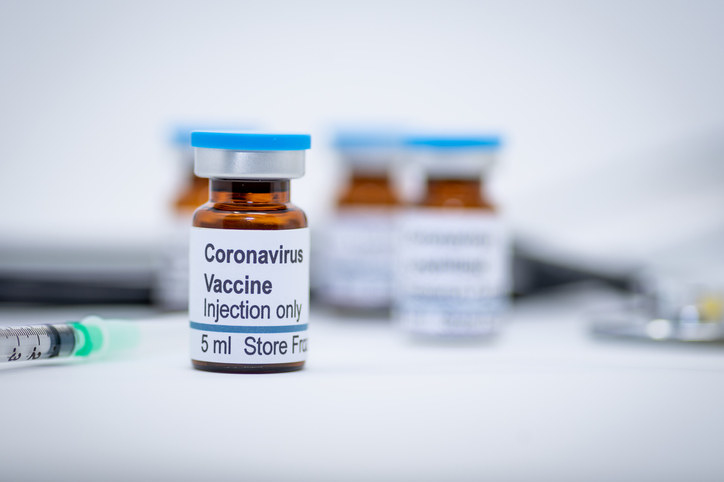
Here's the interview, which is 1 hour and 34 minutes long, in its entirety.
View this video on YouTube
(FYI: If you're working from home or still looking to put together a coronavirus preparedness kit, here are some things you should know!)
UPDATE
All the statements in this video are the opinion of Michael Osterholm, and not all of them are in line with CDC and WHO findings. This post has been updated to delete certain comments until more information is available.


